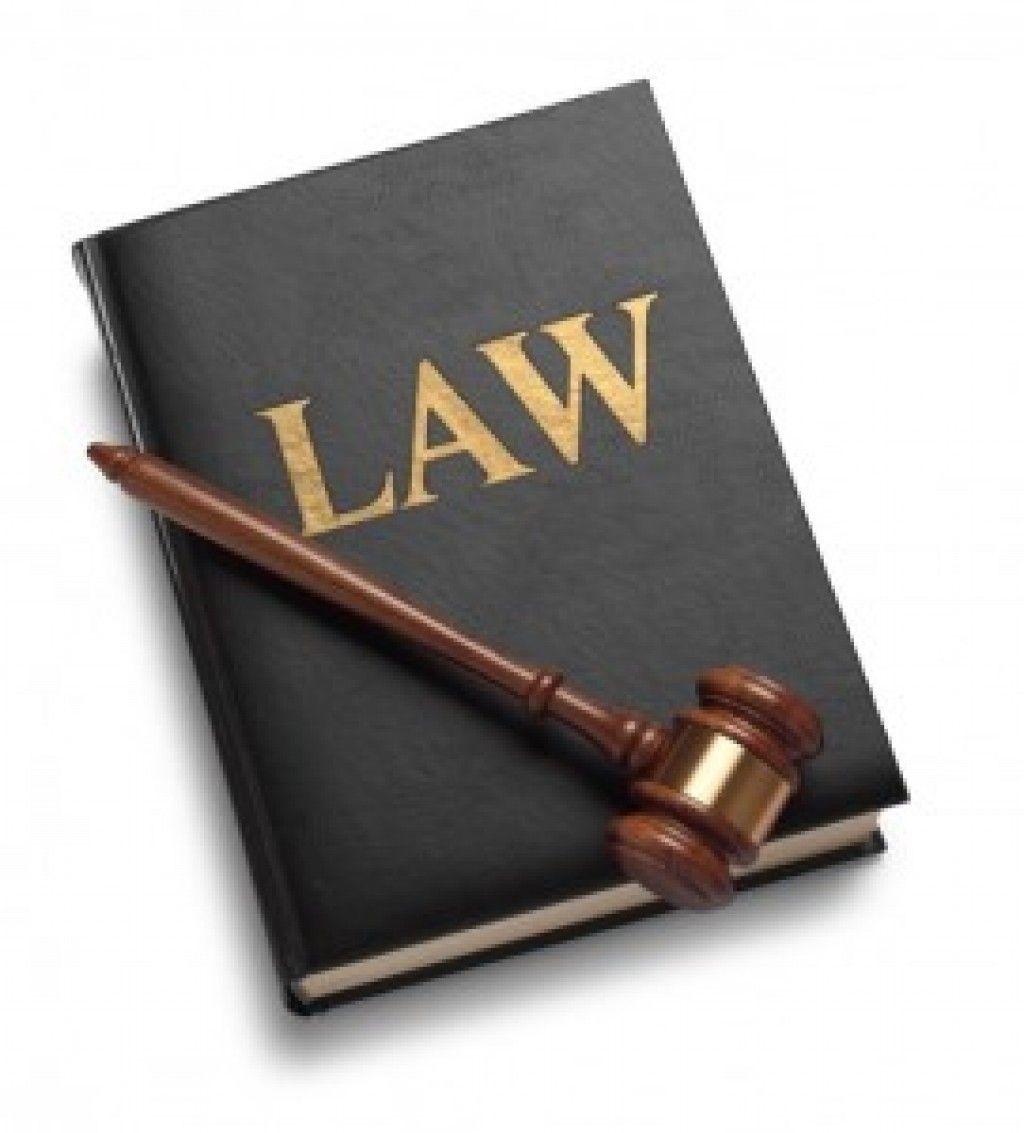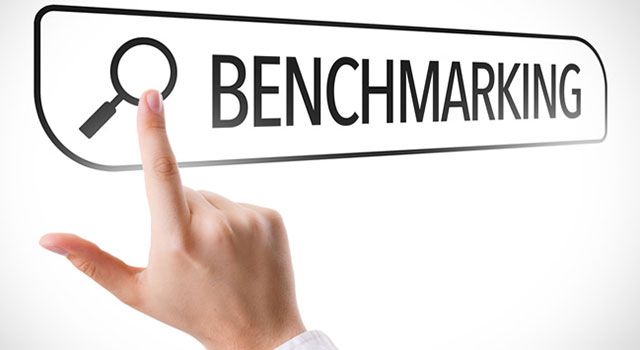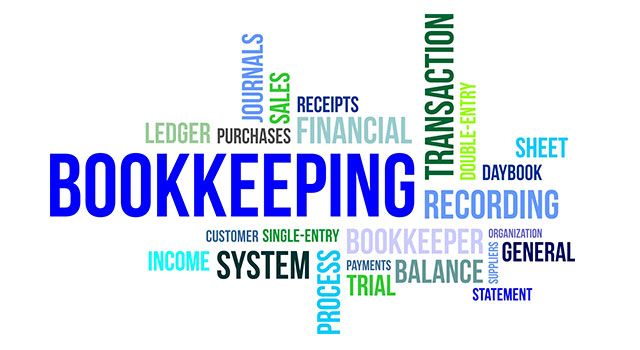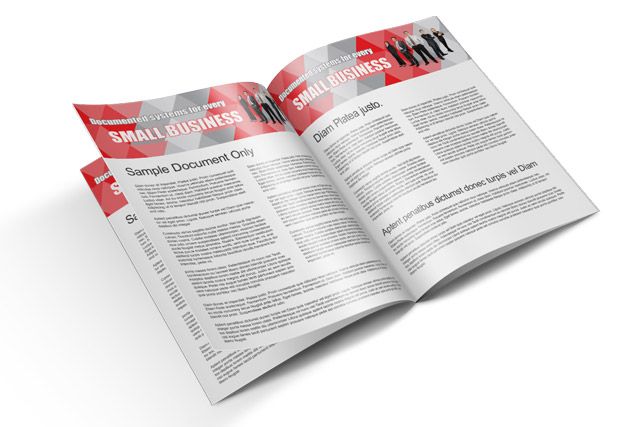
Personal Property Securities Act – How Does It Affect Small Businesses?
Issue 0018
The following newsflash clearly identifies the issues confronting small businesses on the Personal Property Securities Act (PPSA): Millions of dollars have already been lost by businesses, both small and large, caused by:
- ignorance of the PPSA; and
- not registering on the Personal Property Securities Register (PPSR).
What does this all mean to small business operators and to their accountants, who are advising them? The PPSA represents significant changes to Australian commercial law. In fact, some people have claimed that this is the most far-reaching business legislation introduced in Australia in the last 200 years. Undoubtedly, the biggest change is that ‘title is no longer king’. The fact that the business paid for an asset does not mean that business is able to retrieve that asset at any time, unless the business has taken steps to adequately protect their position on the PPSR.
What is Personal Property?
Probably not the best title for legislation that definitely covers a wide range of business assets. Under the PPSA, ‘personal property’ is described as: “all forms of property other than real estate.”
What are the types of transactions included in the PPSR?
There are a wide range of transactions, including:
- Goods sold with ‘Retention of Title’ clauses (Romalpa). These clauses need to be drafted after 31 January 2012, to ensure the Romalpa Clause is PPSA compliant.
- Supply of goods on consignment
- Goods stored in someone else’s property – this has been an area of great contention, since this legislation was introduced.
- Goods attached to other goods (eg motors attached to boats)
- Mixed goods
- Motor vehicles
- Equipment renters
- Motor vehicle leases
- Rental and lease of plant and equipment
- Debtors
- Livestock on agistment
- Farmer’s crops
- Tradesman’s plant, tools, etc, on building sites
- Boats
- Aircraft
- Feed for livestock
- Seeds, fertilisers and pest control for crops
- Artworks, sculptures, paintings, etc
- Loans
- Licences
- Assets held on trust
- Service entity arrangements (where one entity owns the assets and rents or leases those assets to another entity, even if they are closely held within your own business group)
- Intellectual property (eg intellectual property that has been developed by one entity that’s marketed by another entity, even within your own business group)
- Rental or lease of premises (undoubtedly, you will have plant and equipment stored in those premises, in that case, you need to consider protecting yourself under the PPSR)
What needs to be done?
There’s no doubt that, in the first instance, you should be talking to your commercial solicitor, to ensure the ‘Retention of Title’ clauses, which you are utilising in your business, have been appropriately drafted after 31 January 2012, to comply with the PPSA. Businesses also need ‘Terms of Trade’ agreements prepared, to comply with the PPSA. Some of your businesses will need a number of different types of ‘Terms of Trade Agreements’, to cover the trading arrangements into which the small business operator has entered with various customers. However, the drafting of the ‘Retention of Title’ clauses and the ‘Terms of Trade Agreements’ are only the beginning. Unfortunately, many people believe that this is the end of the process. It is not. The PPSA is very complicated and, in our opinion, the responsibility then passes on to the small business operator’s accountant, to ensure an appropriate system is introduced within the small/medium enterprise’s business to safeguard the business’ assets. When the GST was introduced, the Liberal government of that time spent millions of dollars in educating businesses, both large and small, on how the GST would operate. Unfortunately, neither the previous Labor government nor the current Liberal government have seen fit to finance a major education campaign for businesses, especially small businesses, on the operation of the PPSA. There was little chance of the GST sending a business broke, but it’s a real possibility that it could be the fate of a business for not complying with the requirements of the PPSA. Accountants are generally referred to as the ‘trusted adviser’ for small businesses. For this reason, we believe accountants have a responsibility to undertake a due diligence review of all of your small/medium enterprise clients’ affairs, to advise small/medium enterprise operators on the implementation of appropriate systems, to ensure their small/medium enterprise clients have adequate protection under the PPSA.
Do you have a system?
Some people believe the only time they have to worry about the PPSA is when they sell their business, to ensure any items which have been registered on the PPSR have been withdrawn. If only this were true! There’s a whole range of actions that need to be taken by most businesses, to ensure the business is able to survive intact, well before consideration is given to selling the business. The personal property issues that should be closely examined in a due diligence review by an accountant include:
- Review of the treatment of stock – if the business supplies stock to a retailer, registration on the PPSR needs to be made before the stock is delivered to the retailer.
- Livestock – protection is available for when livestock is on agistment.
- Suppliers of fertilisers, seeds, pest control, etc, to farmers for their crops, can obtain some protection with the PPSR.
- Goods supplied by the business – registration has to be completed within 15 days the transaction is to obtain protection under the PPSR.
- Artists’ works, including paintings, sculptures and other works of art, normally placed at a gallery on a consignment basis.
- Plant, equipment and construction equipment that is temporarily located on someone else’s property, can cause significant problems, if registration hasn’t been made under the PPSR.
- Leases, both for motor vehicles, boats, aircraft and other property, can be protected by registration on the PPSR.
- There may be other physical personal property that also needs to be closely examined.
Personal property that you might not have considered, relative to this type of legislation, includes:
- Licences
- Trademarks
- Intellectual property
- Loans
- Assets held in trust by other people
- Service entity arrangements – where one entity owns the plant and equipment then rents or leases it to a trading entity. If that trading entity happens to get into financial difficulties and a liquidator or receiver was appointed, the property-owning entity could have some real problems, unless the transaction has been registered on the PPSR.
The question you need to ask is this: Do you have an adequate system in place, to ensure you’re protected under this legislation? When the government of the day introduced this legislation, it obviously assumed that every business person would study the legislation understand how it worked and lodge the required registrations, to protect their interest. In theory, this works fine. However, in practice, the amalgamation of 60 Acts, from Commonwealth to State and Territories, has caused a lot of confusion. In our opinion, this can only be overcome through a methodical approach to conducting an individual due diligence review for each individual small/medium enterprise’s business. An accountant, offering business advisory services, can assist in this regard. There are also specific requirements for some industries. These industries can be summarised as:
- Retail
- Restaurants
- Hospitality
- Trades and Contractors
- Wholesale Suppliers
- Livestock Owners
- Farmers
- Equipment Renters
- Ingredient Suppliers
- Artists (for paintings, works of art, sculptures, etc)
- Manufacturing Businesses
- Farm Suppliers
- Livestock Feed Suppliers
- Owners of Thoroughbred Horses
Under the PPSA legislation, there has been a number of court cases already decided in Australia. In each case, the liquidator or receiver, acting for a secured creditor (normally a bank), has won the case against the business that actually paid for an asset because, basically, the businesses had not registered their interest on the PPSR.
Accountants can assist
Accountants, who are offering business advisory services, can assist by conducting a due diligence systems review of their small/medium enterprise client’s business, to ensure the business has the best possible system in operation, to offer protection against some of the problems that have been highlighted in this article, relative to the PPSA. This includes:
- Step-by-step procedure guide to perform a due diligence review.
- Videos of the operation of the PPSR.
- Articles for you and your team, so you can have a better understanding on how the PPSA and the PPSR operate.
- Checklists for you to use for the due diligence review.
- Forms to assist in the establishment of a system within your business.
- Detailed procedures for the key industries, to maximise the PPSA’s protection.
- A customised system can then be developed for the individual industry requirements of your business.
Accountants can assist you on the types of services described in this article, in relation to the PPSR due diligence service. Accountants, offering business advisory services, can supply this type of service. If you’re interested in a wider range of services being offered to you, don’t hesitate to have a discussion with your accountant, in relation to the system you’ve introduced for the PPSA. However, if your accountant is unable to supply the services to which this article is referring, we’d be happy to assist you by giving an introduction to an accountant, within your location, who can supply these types of services. Please send an email to peter@essbiztools.com.au with your location and postcode and we will send you the names of accountants within your area, who are offering these types of services. To assist you in gaining a better understanding of the PPSA, you can download a complimentary copy of a checklist ‘Personal Property Securities Act Frequently Asked PPSR Questions/Answers’. Feel free to use this checklist and bring it with you for your next discussions with your accountant, so your accountant can review the internal systems you’ve introduced for the PPSR.
Past Posts
-
 Innovation is Important for SMEs
Innovation is Important for SMEs -
 6 Steps to Boost Your Productivity and Profits
6 Steps to Boost Your Productivity and Profits -
 Tax Incentives For Early Stage Investors
Tax Incentives For Early Stage Investors -
 ESIC Targets SMEs, Inventors, Young Companies
ESIC Targets SMEs, Inventors, Young Companies -
 Early Stage Innovation Company Investor Opportunities
Early Stage Innovation Company Investor Opportunities -
 Will You Have an ESIC Story?
Will You Have an ESIC Story? -
 Are you Receiving a CFO Service from your Accountants?
Are you Receiving a CFO Service from your Accountants? -
 Succession Planning
Succession Planning -
 Business Plans
Business Plans -
 The Year for Business Advisory Services!
The Year for Business Advisory Services! -
 Are you Aware of the PPSR?
Are you Aware of the PPSR? -
 SME Operators – Accountants can Help you with Debtors’ Ma...
SME Operators – Accountants can Help you with Debtors’ Ma... -
 Happy New Financial Year
Happy New Financial Year -
 The Finalisation of the ESIC Legislation will be a Great ...
The Finalisation of the ESIC Legislation will be a Great ... -
 A Business Evaluation Review Can Assist You
A Business Evaluation Review Can Assist You -
 June is a Great Time to Prepare a Business Plan
June is a Great Time to Prepare a Business Plan -
 Businesses Need a Broad Succession Strategy
Businesses Need a Broad Succession Strategy -
 Innovation Companies are a Great Opportunity for SMEs
Innovation Companies are a Great Opportunity for SMEs -
 The PPSR – are you aware of it and how it can affect your...
The PPSR – are you aware of it and how it can affect your... -
 Debtors Management - Vital for Business Success
Debtors Management - Vital for Business Success -
 How can your Accountant assist you?
How can your Accountant assist you? -
 The Personal Property Securities Register – how do you pr...
The Personal Property Securities Register – how do you pr... -
 Legal Advice is Essential for Business Success
Legal Advice is Essential for Business Success -
 Is your accountant your trusted adviser
Is your accountant your trusted adviser -
 Is your accountant famous for adding value?
Is your accountant famous for adding value? -
 Portfolio Allocations Are Important For Effective Management
Portfolio Allocations Are Important For Effective Management -
 The Challenges To Navigate In 2015
The Challenges To Navigate In 2015 -
 Business Plans Are Important For All Businesses
Business Plans Are Important For All Businesses -
 Entrepreneurs’ Infrastructure Program
Entrepreneurs’ Infrastructure Program -
 Digital Disruption Is A Major Concern
Digital Disruption Is A Major Concern -
 Court Case Decisions on the Personal Property Securities ...
Court Case Decisions on the Personal Property Securities ... -
 Personal Property Securities Act Presents Businesses A "T...
Personal Property Securities Act Presents Businesses A "T... -
 Do You Require Additional Financial Services?
Do You Require Additional Financial Services? -
 Personal Property Securities Act – How Does It Affect Sma...
Personal Property Securities Act – How Does It Affect Sma... -
 Business Health Checks For Your Business
Business Health Checks For Your Business -
 Why Do Some Accountants Offer Chief Financial Officer Ser...
Why Do Some Accountants Offer Chief Financial Officer Ser... -
 Getting Assistance From Your Accountant To Better Manage ...
Getting Assistance From Your Accountant To Better Manage ... -
 Identifying The Services You Want To Receive From Your Ac...
Identifying The Services You Want To Receive From Your Ac... -
 What Is Business Advisory Services?
What Is Business Advisory Services? -
 Accountants Can Offer More Services Than Just Tax Returns
Accountants Can Offer More Services Than Just Tax Returns -
 Being Kept In The Loop By Your Accountant
Being Kept In The Loop By Your Accountant -
 Personal Property Securities Register – Have You Develope...
Personal Property Securities Register – Have You Develope... -
 Reducing Debtors' Days Outstanding
Reducing Debtors' Days Outstanding -
 Management of Costs - An Overview
Management of Costs - An Overview -
 Succession Planning - Why Is It Necessary?
Succession Planning - Why Is It Necessary? -
 Safe Guarding your Business under the Personal Property S...
Safe Guarding your Business under the Personal Property S...




































